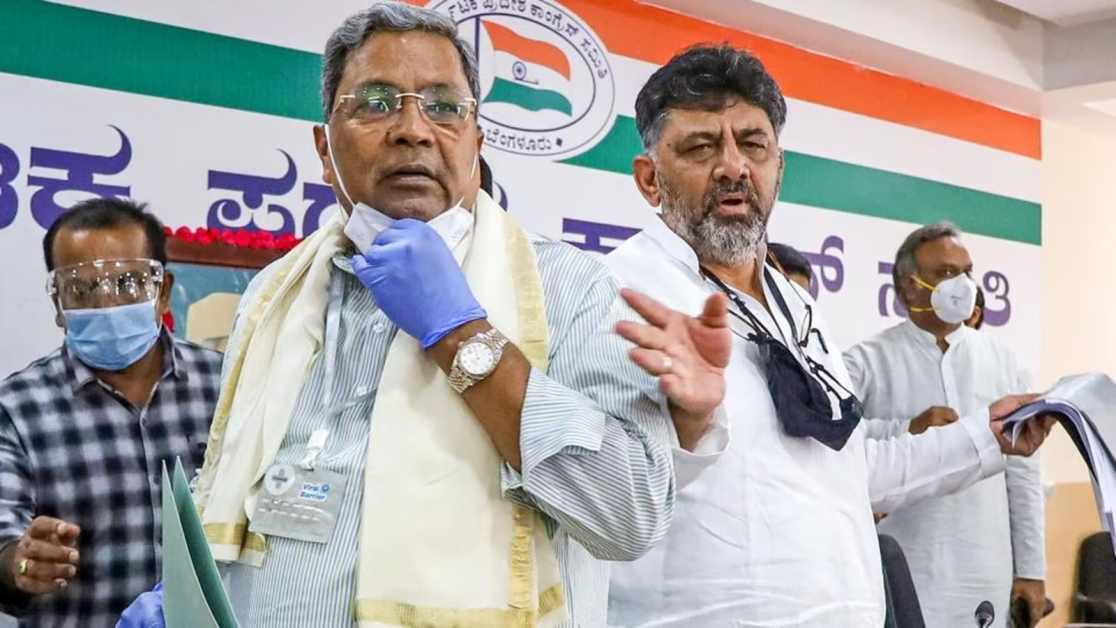Top Stories
Karnataka CM race: Congress MLAs meet, Delhi to decide
Late on Sunday evening, a Congress Legislative Party (CLP) meeting was held in Bengaluru under the purview of the AICC observers of the state and other senior party leaders.

Latest world news
PM Modi and Netanyahu pledge deeper defence, trade ties during Israel visit
PM Narendra Modi and Benjamin Netanyahu pledged to deepen defence, trade and connectivity ties during Modi’s visit to Israel, with missile deals and IMEC discussions on the agenda.
India News
PM Modi crosses 100 million followers on Instagram, first world leader to achieve milestone
Prime Minister Narendra Modi has crossed 100 million followers on Instagram, becoming the first world leader to achieve the milestone and widening the gap with global counterparts.
Latest world news
Canada softens stance on alleged Indian interference ahead of PM Carney’s India visit
Canada appears to ease its earlier allegations of Indian interference as PM Mark Carney heads to India to strengthen trade and strategic ties.
-

 India News16 hours ago
India News16 hours agoMK Stalin predicts frequent PM Modi visits to Tamil Nadu before assembly election
-

 Latest world news16 hours ago
Latest world news16 hours agoIndia eyes Rs 8,000 crore mid-air refuelling aircraft deal as PM Modi begins Israel visit
-

 Latest world news1 hour ago
Latest world news1 hour agoPM Modi reaffirms support for Israel, recalls 26/11 victims in Knesset address
-

 Latest world news1 hour ago
Latest world news1 hour agoCanada softens stance on alleged Indian interference ahead of PM Carney’s India visit
-

 India News1 hour ago
India News1 hour agoPM Modi crosses 100 million followers on Instagram, first world leader to achieve milestone
-

 Latest world news56 mins ago
Latest world news56 mins agoPM Modi and Netanyahu pledge deeper defence, trade ties during Israel visit
-

 India News42 mins ago
India News42 mins agoOver 5,000 tribals join BJP in Assam’s Goalpara ahead of elections
















